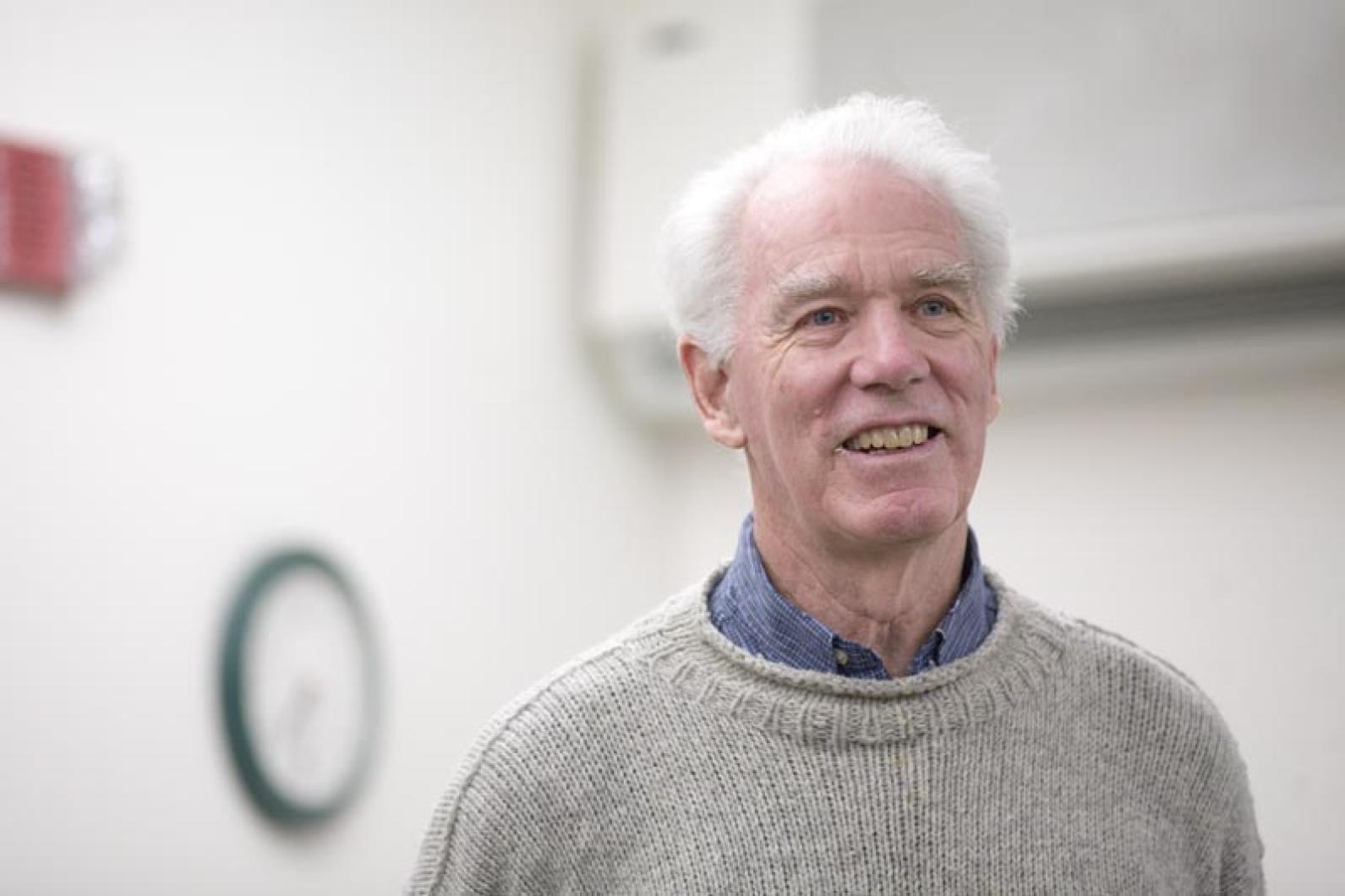James H.K. Norton is a retired history professor, farmer and Island historian. He is also a humanist and social ethicist.
And lately he has become a clear set of Western eyes to view the war-torn countries of south Asia. Mr. Norton has spent 50 years studying the cultures of Afghanistan, India, Iran and neighboring Middle East countries.
He is also a 10th generation practical Islander, and this informs his view of the world. “[The late Gazette editor] Henry Beetle Hough once told me it’s important to be small,” he said in a recent interview.
The statement is backed by a practical example. “One can teach the entire history of America, with the exception of the Louisiana Purchase, up to the Civil War, without ever leaving events on the Island,” he said.
Mr. Norton’s latest project is a seven-part film, book and lecture series that runs through Feb. 20 at the Vineyard Haven Public Library.
Titled Under the Burqa, the series examines the role of women in south Asia.
Mr. Norton’s own south Asia adventure began with a conversation on the Vineyard Haven harbor when he was a 20-year-old studying engineering at Yale, following in his father’s footsteps as an academic in science.
He was teaching sailing at the time, and the father of two of his students told him about his World War II posting in India. “It fascinated and intrigued him but totally mystified him,” Mr. Norton said.
The conversation inspired him to change course and embark on what would become a 50-year academic career that took him from Yale to Oxford to the U.S. Army, back to Oxford and finally to the University of Madras in India. Along the way he became an expert in oriental languages, including Sanskrit and pali, a derivative of Sanskrit.
At a recent Wednesday night lecture his deeply felt passion for the subject material was evident. Mr. Norton welled up as he showed photographs and films, including Osama, a docudrama about survival living in Kabul, Afghanistan. The heroine is played by a 15-year-old girl the director found begging at the city gates. The plot revolves around the girl’s attempt to pass for a boy in order to find food for her family under Taliban rule.
The burqa is a veiled garment women are now required to wear in public in fundamentalist controlled Muslim countries. Its significance, Mr. Norton explained, is that public space belongs to men. Women enter at their own peril, as the film amply demonstrates. Mr. Norton said when the Taliban movement took control in Afghanistan, they immediately dispensed burqas to seven and eight-year-old girls. Mystified, some girls twisted them into jump ropes and began skipping.
Mr. Norton does not hide his political views.
“I am frustrated and angry. It is very personal for me. I feel betrayed by George Bush. He had the same educational opportunity I had. He came out of that with a total lack of curiosity and intellectualism. He apparently learned early that by being a good guy you could get along and that was enough,” he said.
He said that while he shares something in common with President Bush — both come from privileged backgrounds — they are worlds apart as men. “America is a privileged nation. We believe that as a people and it is true. George Bush and I were privileged among the privileged, sort of entitlement squared. I feel a certain responsibility and sensitivity that I don’t see in George Bush at all.
“That’s the basic issue — he’s kind of a nonperson. He says what he’s been told to say. He’s programmed. Where is that integrity of personality that should have been enriched by his heritage? I see the failing in his inflexibility and arrogance: ‘I’m the decision-maker I’ve made up my mind, don’t bother me with facts,’ ” Mr. Norton said.
James H.K. Norton’s lecture series is at 7 p.m. on Wednesdays at the Vineyard Haven library and runs through Feb. 20.




Comments
Comment policy »